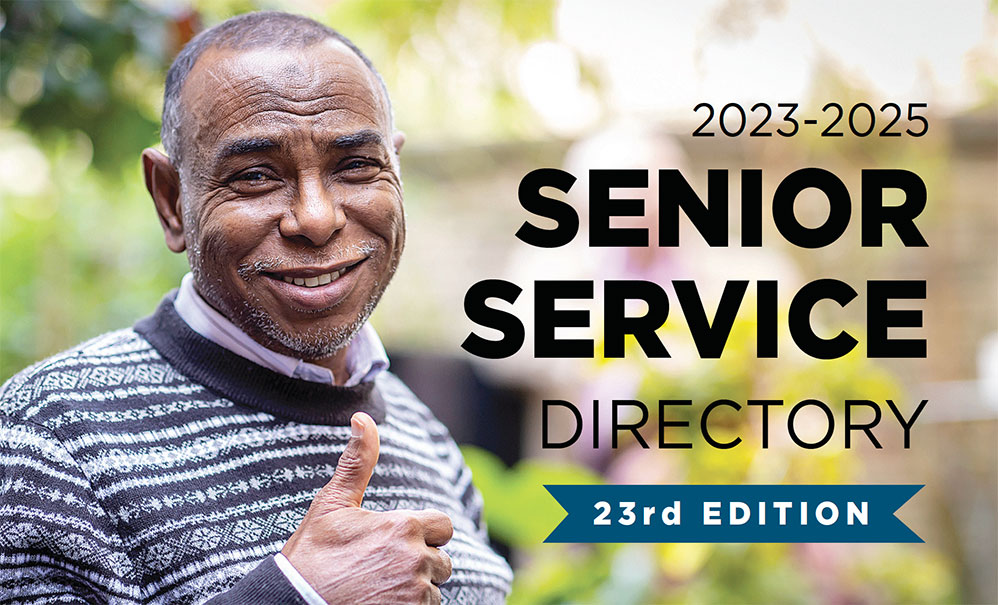
Reverse Mortgages
A reverse mortgage, sometimes called “home equity conversion mortgage” (HECM), allows homeowners to use home equity as security for a loan, which will be paid to them in monthly payments or as a line of credit. The funds can be used as needed, without restriction, up to the approved limit.
To be eligible, at least one homeowner must be 62 or older and reside in the single-family home. A HUD-approved condominium resident also is eligible for the program. The applicant must own the property.
The reverse mortgage applicant must attend consumer education and counseling by a HUD-approved HECM counselor. The reverse mortgage must be the only mortgage on the property. However, if there already is a home mortgage, it can often be paid off with the reverse mortgage. The reverse mortgage also can be used to pay for repairs that may be needed to make the home qualify for the reverse mortgage.
A reverse mortgage isn’t appropriate in all cases, but it can be beneficial for some people. It can take several months to complete the application process for a reverse mortgage, and closing costs are higher than on a traditional loan. If you are considering a reverse mortgage, consult with a trusted legal or financial expert.
Information about reverse mortgages, including where to get HECM counseling, is available from HUD (U.S. Department of Housing and Urban Development) at hud.gov or call 1-800-569-4287. Legal Aid of East TN offers advice about reverse mortgages, but the agency does not provide HECM counseling and the certificate required for a reverse mortgage. You also may obtain reverse mortgage information on the AARP website, aarp.org/revmort of the Federal Trade Commission’s website, www.consumer.ftc.gov/articles.